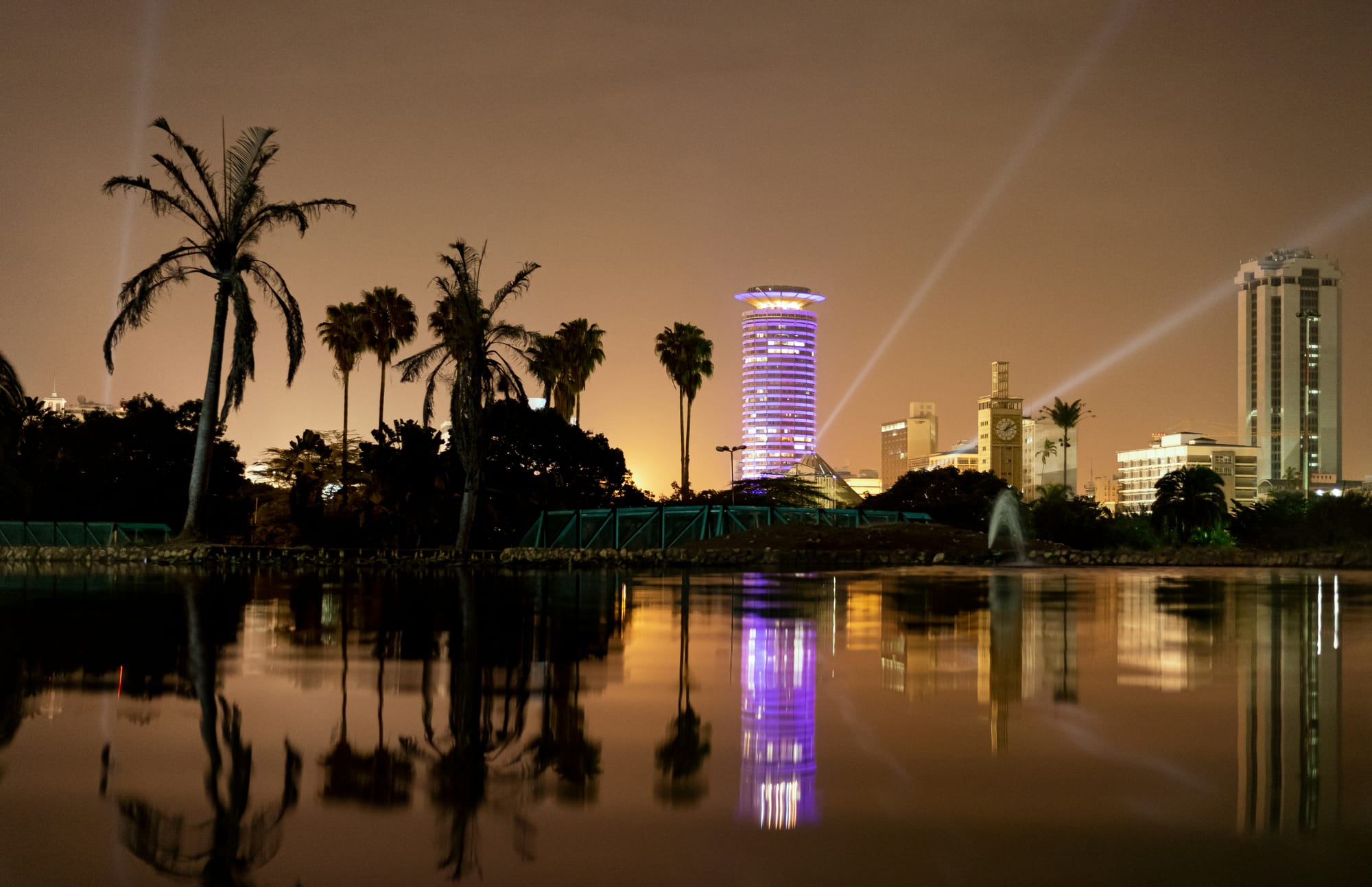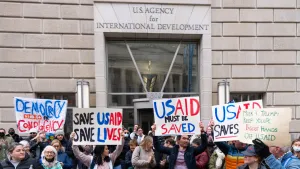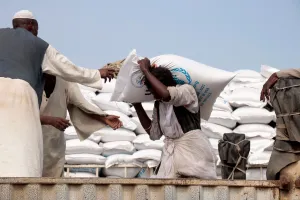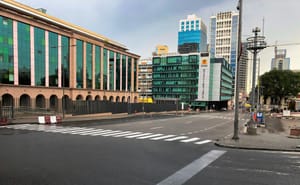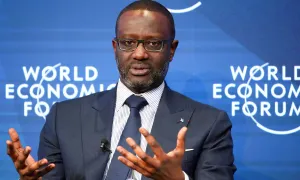Kenya’s economy has so far withstood the recent wave of political instability, but analysts caution that ongoing tensions could erode economic stability in the coming months, especially following the impeachment of Deputy President Rigathi Gachagua.
Despite heightened political uncertainty, Kenya’s stock market and national currency have shown surprising resilience. Yet experts warn that if unrest intensifies, it could lead to significant economic disruption by year-end.
“The political landscape is fluid, with multiple dynamics at play,” says Andrew Dabalen, Chief Economist for the Africa Region at the World Bank. “Instability undermines regional cooperation on key issues like infrastructure, trade integration, and economic development,” he explains.
Growth Outlook Dampened by Instability
According to FocusEconomics, a Barcelona-based research firm that gathers forecasts from leading global financial institutions, Kenya's GDP is now projected to grow at 5% by December, slightly down from 5.3% in May. The downgrade is partly attributed to political tensions following Gachagua’s ouster.
Wambui Mbarire, chairperson of the Retail Trade Association of Kenya (RETRAK), notes that the retail sector has not yet suffered any direct impact. However, she warns that the positive trends in consumer spending seen earlier this year could reverse if political unrest continues. “We are hopeful for a strong Q4, but that hinges on a stable political environment,” she says.
Public Unrest and Political Fallout
June witnessed a surge of youth-led protests, sparked by the controversial Finance Bill 2024, which many Kenyans argue disproportionately affects ordinary citizens and small businesses. The demonstrations, which turned deadly, were followed by a wave of strikes across various sectors, including aviation, education, and healthcare.
The political climate deteriorated further after Gachagua was impeached amid allegations of mishandling the anti-tax protests. The fallout between him and President William Ruto has intensified unrest, especially in Gachagua’s home region of Mount Kenya. Tensions may escalate as Gachagua seeks to block Interior Minister Kithure Kindiki from assuming the deputy presidency.
In response to the unrest, international credit agencies—Moody’s, Fitch, and S&P—downgraded Kenya’s sovereign credit ratings, citing increased political and fiscal risks.
Investor Confidence Holds – For Now
Despite the turbulence, Treasury Cabinet Secretary John Mbadi remains optimistic. “Our institutions are functioning. If even a deputy president can be held accountable, it demonstrates that the rule of law prevails,” he said, suggesting that Kenya remains a secure environment for investors.
Further bolstering confidence is the anticipated disbursement of additional financial support from the International Monetary Fund next month. This assistance is expected to enhance Kenya’s fiscal position and reinforce investor sentiment.
The Kenyan shilling has also performed well, trading at KSh129 to the US dollar. It is currently one of Africa’s strongest currencies, buoyed by steady inflows from tourism, agricultural exports, and diaspora remittances.
Stock Market Shows Strength
The Nairobi Securities Exchange (NSE) has defied expectations amid political noise. Market capitalization grew by 2.8% over two weeks, reaching KSh1.723 trillion ($13.5 billion) by mid-October.
Top-performing stocks such as Safaricom, KCB Group, Equity Group, Co-operative Bank, and East African Breweries Limited (EABL)—popular among foreign investors – have maintained upward momentum.
“We’ve seen consistent resilience in the market despite past episodes of unrest,” NSE CEO Frank Mwiti notes. “The fundamentals remain strong, and investors continue to view Kenya as a promising market.”
